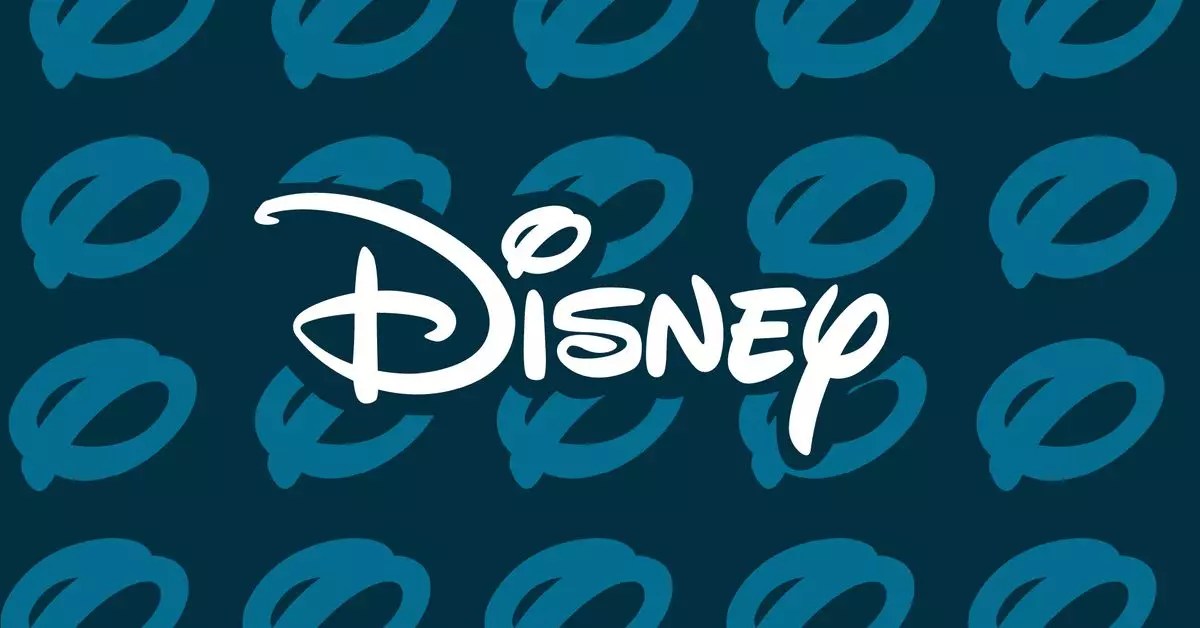The recent dispute between DirecTV and Disney-owned channels, including ABC and ESPN, has left roughly 11 million subscribers in the dark. The blackout occurred during the US Open tennis tournament and just ahead of the NFL season opener. Both companies are pointing fingers at each other, with DirecTV claiming that Disney is shifting content to its streaming services, such as Hulu and Disney Plus, thus herding consumers away from network TV. On the other hand, Disney argues that its channels are worth a premium that DirectTV is unwilling to pay.
DirecTV’s chief content officer, Rob Thun, accuses Disney of refusing to be held accountable for its actions and prioritizing profits over consumer interests. Thun argues that Disney’s behavior is anti-competitive and makes it harder for consumers to access shows and sports at a reasonable price. Disney, however, defends its position by stating that it invests significantly in delivering top entertainment, news, and sports brands, and that DirecTV must recognize the value of its programming.
As the blackout continues, both companies are urging each other to finalize a deal that would restore programming for subscribers. DirecTV emphasizes the need for flexibility in packages to cater to consumer interests, while Disney highlights the quality and value of its channels. The expired contract, negotiated in 2019, was intentionally set to expire during peak viewership to incentivize renegotiation. However, similar conflicts have arisen in the past, such as when Disney blocked channels for Charter’s Spectrum subscribers during the US Open last year.
The ongoing dispute between DirecTV and Disney channels has put consumers in a tough spot, depriving them of popular content and sports events. As negotiations continue, it remains to be seen whether both companies can reach a compromise that benefits subscribers. In the meantime, viewers are left in limbo, waiting for a resolution to restore their access to Disney-owned channels.
The DirecTV and Disney channels dispute highlights the challenges in the media industry, where content providers and distributors clash over distribution deals and pricing. Both companies must consider consumer interests and the value of quality programming in order to reach a fair agreement that benefits all parties involved. As the blackout persists, subscribers are left with limited options and a sense of frustration over the lack of access to their favorite shows and sports events.


Leave a Reply